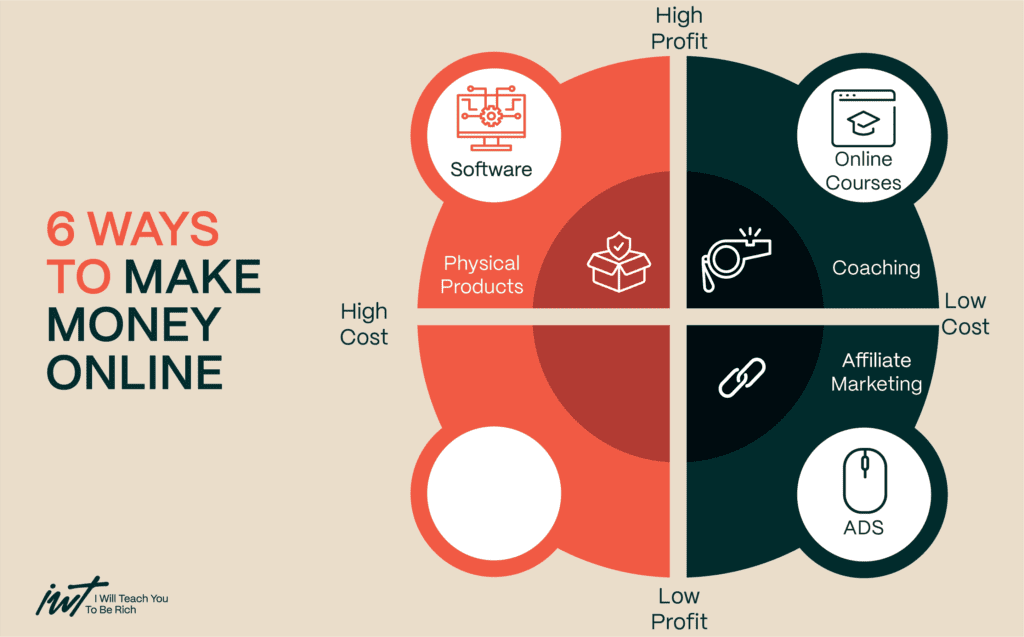
Unlock the secrets to turning your dream business idea into a profitable reality with this comprehensive guide to validation techniques.

Image courtesy of Pixabay via Pexels
Table of Contents
Hey there, aspiring entrepreneur! So, you’ve got this amazing business idea that’s been brewing in your mind for a while now. You’re ready to take the leap and turn that dream into a reality. But before you dive headfirst into launching your business, it’s crucial to ensure that your idea is viable and has the potential to succeed in the market. This process is called validating your business idea.
Validating Your Business Idea
Before you invest time, money, and energy into your business idea, it’s essential to conduct thorough market research and analyze your competition. Take the time to understand your target market and identify any gaps or opportunities that your product or service can fill.
One effective way to validate your business idea is by testing it with potential customers. This could involve creating a prototype, offering a sample of your product or service, or conducting surveys and focus groups to gather feedback. Pay attention to how customers respond to your idea and be open to making adjustments based on their input.
Crafting a Solid Business Plan
Once you’ve validated your business idea, it’s time to craft a solid business plan. Your business plan should outline your goals, target market, revenue projections, and strategies for growth and sustainability. Think of it as a roadmap that guides you through the various stages of your business’s development.
Invest time in researching and creating a detailed plan that covers all aspects of your business, including marketing, operations, finances, and management. A well-thought-out business plan not only serves as a blueprint for your business but also can help you attract investors and secure funding.
Choosing the Right Business Structure and Registering
When starting a business, choosing the right legal structure is important for protecting your personal assets and determining your tax obligations. Explore different business structures, such as sole proprietorship, LLC, partnership, or corporation, and choose the one that best suits your needs.

Image courtesy of www.iwillteachyoutoberich.com via Google Images
Once you’ve decided on a business structure, you’ll need to register your business with the appropriate state and local authorities. This process typically involves obtaining a business license, registering your business name, and complying with any other legal requirements in your area.
Securing Funding
Securing funding is often a crucial step in launching and growing a business. Explore various funding options, such as loans, investors, crowdfunding, or grants, and choose the one that aligns with your financial needs and goals. Be prepared to present a comprehensive financial plan that outlines how you’ll use the funding and generate returns for investors.
Creating a solid financial plan not only demonstrates your preparedness and professionalism but also helps you stay on track with your business’s financial goals and objectives.
Building Your Brand Identity
Developing a strong brand identity is essential for standing out in a competitive market and connecting with your target audience. Your brand identity includes elements such as your brand voice, logo, messaging, and visual aesthetics.

Image courtesy of www.linkedin.com via Google Images
Invest time and effort into creating a unique and memorable brand that resonates with your target market. Establish a strong online presence through social media platforms, a professional website, and other digital marketing channels to reach a broader audience and build brand awareness.
Top Tips for Running a Successful Business
Running a successful business requires a combination of dedication, perseverance, and strategic thinking. Here are some top tips to help you navigate the challenges of entrepreneurship and set yourself up for success:
– Prioritize customer satisfaction and feedback to continuously improve your products or services.
– Implement efficient time management and productivity strategies to maximize your productivity and focus on high-priority tasks.
– Invest in continuous learning and professional development to stay ahead of industry trends and enhance your skills and knowledge.
Essentials for Every Entrepreneur: Your Business Startup Checklist
As you embark on your entrepreneurial journey, it’s essential to have a checklist of key essentials to guide you through the startup process. Here are some essentials that every entrepreneur should consider:
– Understanding the legal requirements and obtaining any necessary permits or licenses for your business.
– Implementing accounting and financial management tools to track your finances and manage your cash flow effectively.
– Investing in marketing and branding essentials to build brand awareness and attract customers to your business.
Launching your dream business is an exciting and rewarding experience. By following these steps and strategies, you can increase your chances of success and pave the way for a prosperous entrepreneurial journey. Remember, every successful business started with a dream and a willingness to take that first step.
RELATED POSTS
View all



